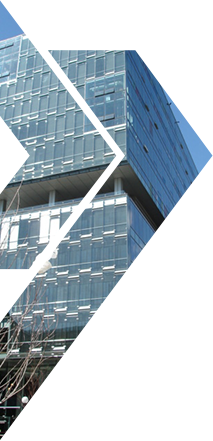Our aim is to incorporate our findings into the fields of engineering and construction. To accomplish this, we have set clear objectives to enhance the technological advancement of research, foster partnerships with industries, facilitate the transfer of knowledge, and promote collaboration within the Architecture, Engineering, and Construction (AEC) sector. Our goal is to initiate research projects and take actions that encourage stronger cooperation with industry and the implementation of innovative ideas. We will actively facilitate the exchange of knowledge through proof-of-concept projects and interactive workshops involving AEC stakeholders. Ultimately, we seek to provide an objective evaluation of real-world criteria and gather expert feedback to improve our research endeavors.

© 2023 Aryan Rezaei Rad, University of Toronto
Promoting Digital Building Culture within the AEC Sector
Our research group actively promotes digital building and design culture within the AEC (Architecture, Engineering, and Construction) sector, both in Canada and internationally. We collaborate across disciplines and institutions to design workshops and postgraduate training sessions focused on advanced timber structures and digital design. These initiatives aim to equip professional engineers, architects, and builders with cutting-edge knowledge and skills in computer-aided design and digital fabrication technology. During these sessions, participants are instructed on various topics, including digital structural design using open-source computational platforms, implementation of computer-aided engineering for digitally-fabricated structures, and exploration of Form-Force-Material optimization.


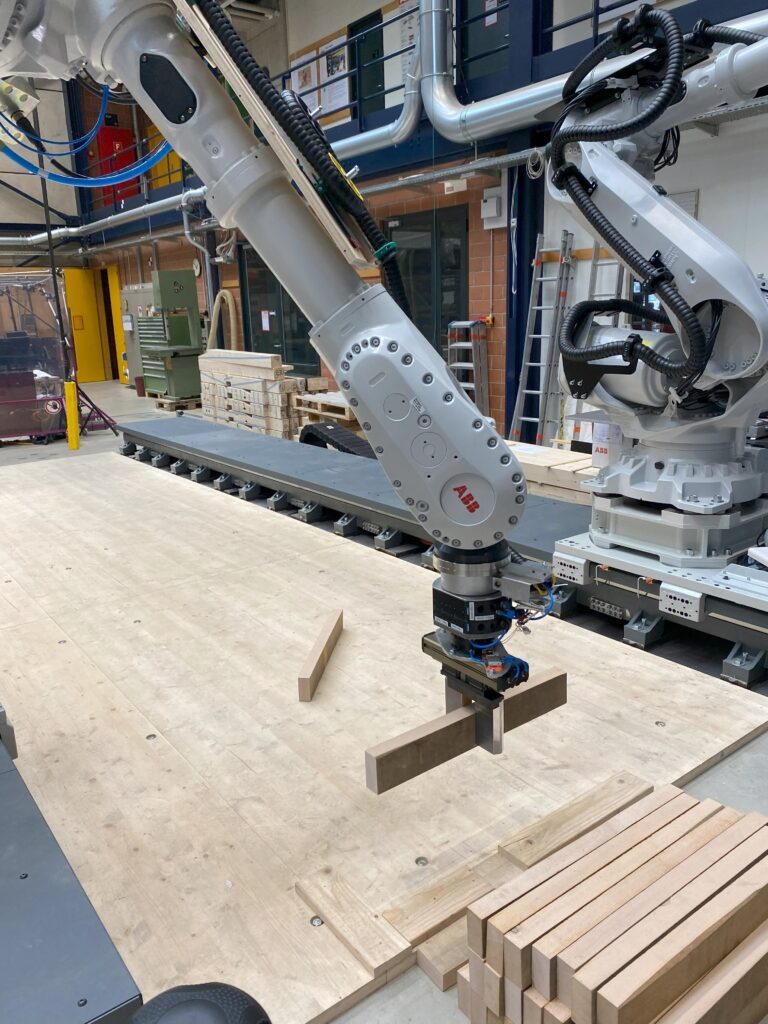
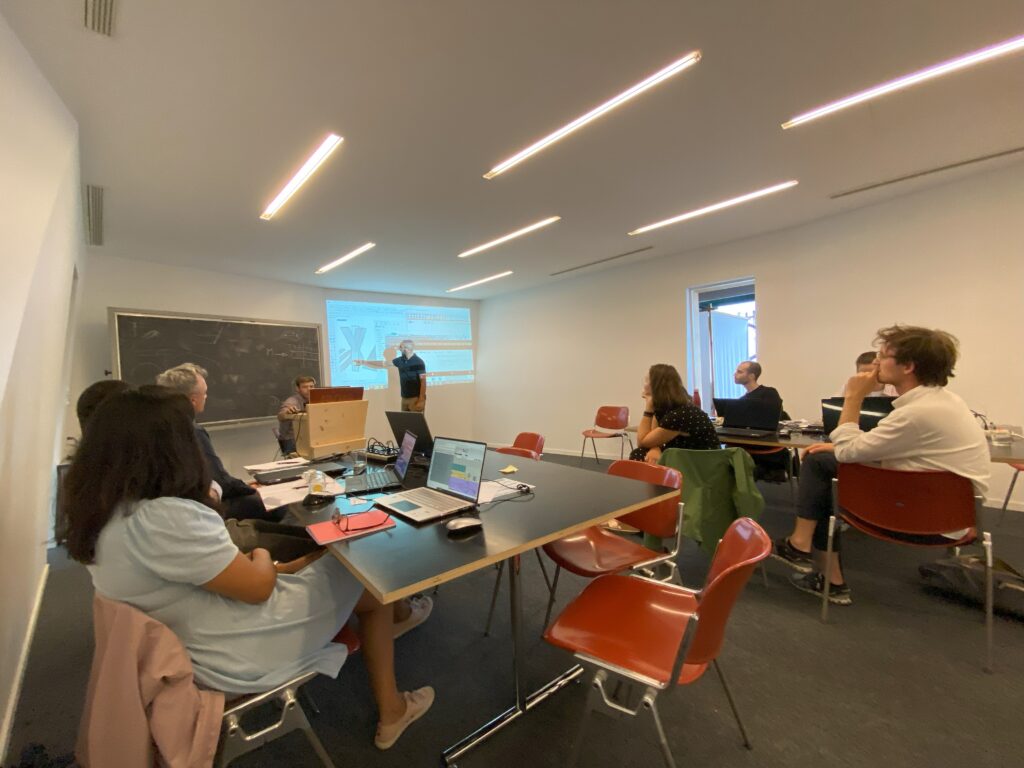

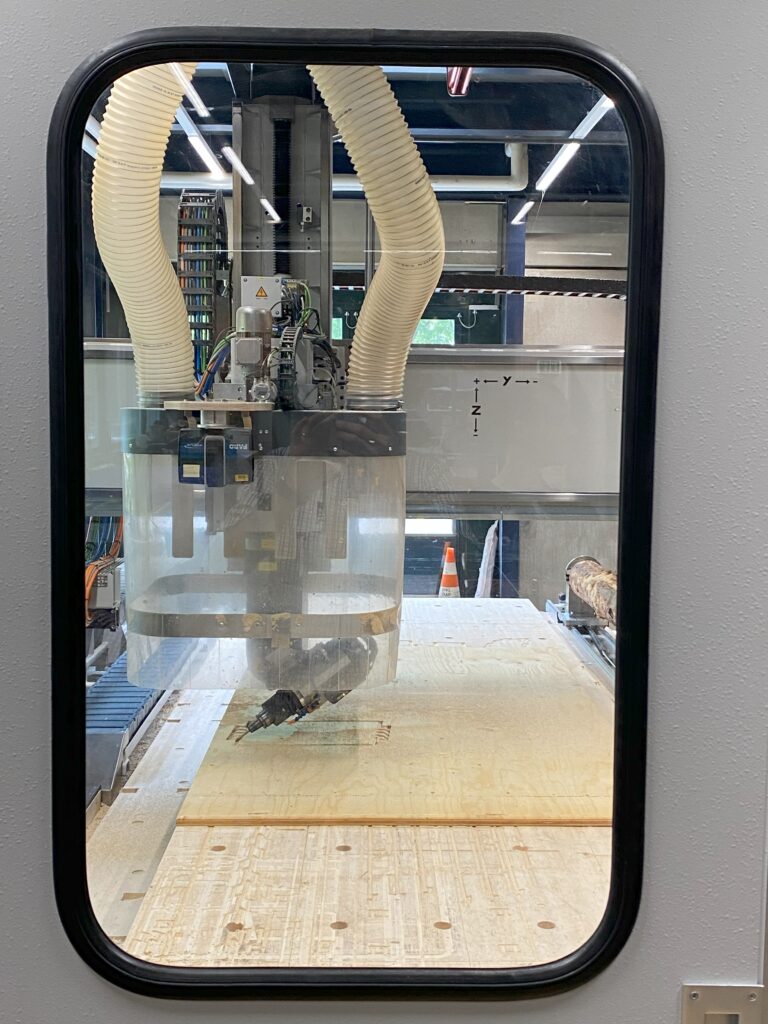



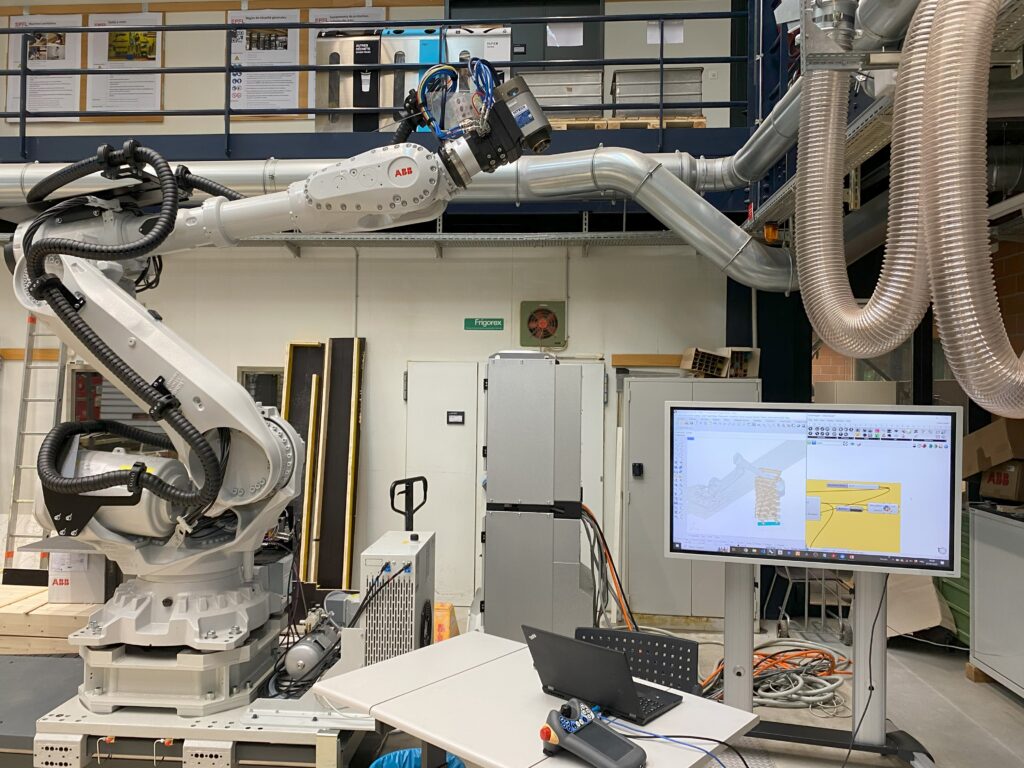
Digital Timber Construction by Dr. Nicolas Rogeau (EPFL), Dr. Petras Vestartas (EPFL), Professor Aryan Rezaei Rad (University of Toronto), and Professor Yves Weinand (EPFL)
Massive Open Online Course (MOOC) – Advanced Timber Design
A transdisciplinary approach to structural design and digital architecture for timber structures with an advanced manufacturing workflow is the focus of this MOOC. The course aims to promote a transdisciplinary design approach in Architecture, Engineering, and Construction (AEC) specifically for timber structures. It presents an innovative and sustainable methodology, showcasing examples from recent construction projects.
The MOOC introduces participants to the development of a set of computational tools for geometry processing, mesh and network processing, computer-aided structural engineering design, and digital fabrication. The goal is to provide a teaching module that effectively translates both academic research findings and industrial experience to the professional community. The course also covers the latest technological advancements in advanced timber construction and real-world applications.

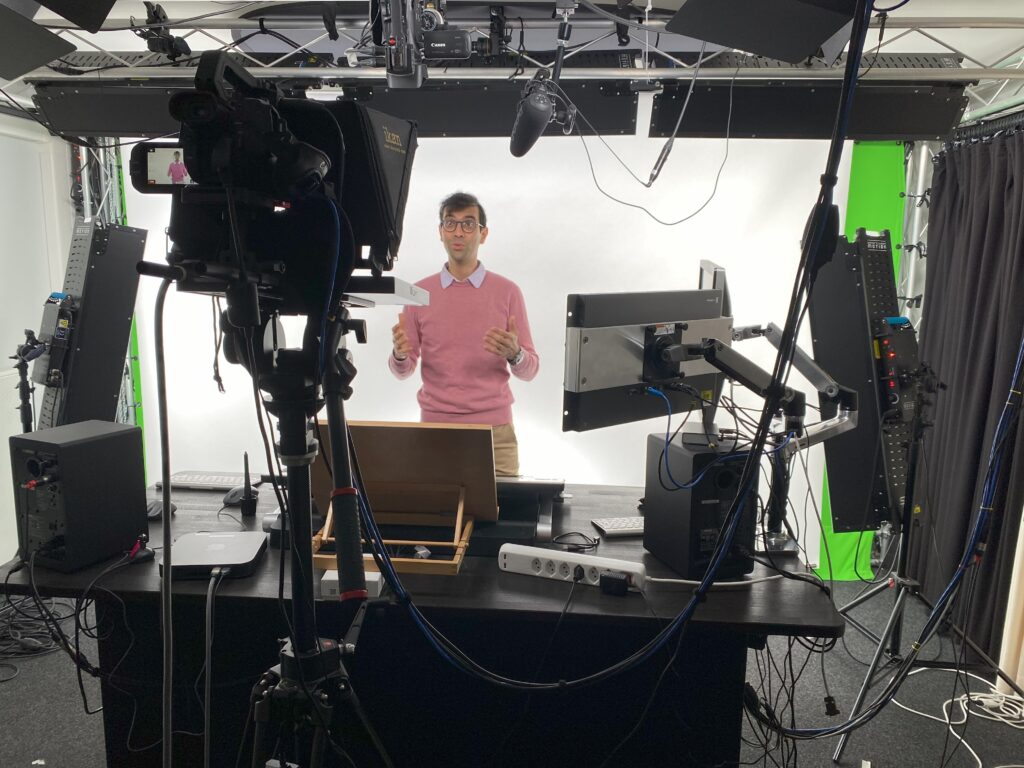
•Technological advancements in timber construction.
•Structural design methodology for spatial timber structures.
•Global geometry generation algorithm.
•Joinery generation using Joinery Solver Algorithm (NGon).
•Algorithmic-aided structural design and simulations.
•Case studies
Ongoing Collaborations:

Contribution to the development of COMPAS, an open-source cross-platform computational framework for interdisciplinary research and collaboration in Architecture, Engineering, and Construction.
COMPAS is primarily developed by the Block Research Group of ETH Zurich, with the support of the Swiss National Centre for Competence in Research (NCCR) in Digital Fabrication.

Contribution to the Mass Timber Institute‘s goals and achievements. Mass Timber Institute is based at the University of Toronto and it helps position Canada as a global leader in sustainable mass timber research, education, development, and export by leveraging relationships between educators, researchers, industry, and Indigenous groups across Canada and internationally.
